OUT follows Nightclubbing as Rachael Young’s second hotly anticipated show during this year’s fringe. This is a two person physical conversation, originally performed and created in collaboration with Dwayne Anthony. This fringe's version stars marikiscrycrycry who captivates audiences with their unbelievable physical prowess and sharp looks. Their attitude encapsulates what this performance is all about, which is, forcing audiences to acknowledge and accept black queers as they have fun, dance, rest, eat, and simply exist. Whatever storytelling, or lack thereof, OUT hints towards is slow-paced and hazy. Instead, electrifying scenes are sensorially magnified with little regard for narrative pace. The second half is nearly entirely taken up with a citrus-filled extravaganza that, admittedly, veers dangerously close to boredom. And of course, alternating between lightning-speed voguing and interpretive dance is necessary and serves variety. But forcing audiences to reckon with black queer bodies that are not only acceptable when performative, but simply through being, is essential to our viewing experience. We are pushed to reconsider physical theatre as it scrutinises physicality in relation those black queer bodies that are so mistreated our collective social gaze.
Indeed, audience gaze is a sensitive issue when it comes to black queer, and especially trans, bodies. Young and marikiscrycrycry recognise and capitalise on this dynamic: their attitude is simultaneously inviting and suspicious. In fact, it is through that orange-peeling scene that we realise how complex ethnic communities can be as acceptance and guardedness; pain and pleasure; love and hate are forced into anguished coexistence. The community created between these performers and their audience - signalled through meal preparing and sharing - is paralleled to that between black queers and their own black, often heteronormative, communities.
This performance assures that queerness can operate within black communities, particularly Jamaican diaspora, as something that does not challenge cultural traditions but instead incorporates them. Those symbols that point towards black cultural tradition – fruit-baskets, drums, and crucifixes – are entirely reclaimed. Audre Lorde’s Zami: A Mythobiography, a foundational autobiographical text that marikiscrycrycry either unconsciously or consciously repeatedly references, also attempts to queer black tradition through sexualised fruits. OUT’s approach to language and staging is economic and absolutely inspiring in how mere oranges manage to provoke thoughts on everything from community to audience to shame.
But this performance really triumphs through a reclamation and celebration of black queerness, especially when this is effected through those bodies themselves and not stand-in props. Powerful and lucid messages are offered through carefully calculated movements and contortions thick with religious meanings. Colonial relationships to Christianity are exhausted as mea culpa thumping and crossing oneself erupt from self-castigation into voguing. And though shame is certainly acknowledged and explored, it is never allowed to dominate or obscure that celebration. OUT ends, most effectively, on a panting note reminding everyone that pleasure, but also suffering, are temporary.

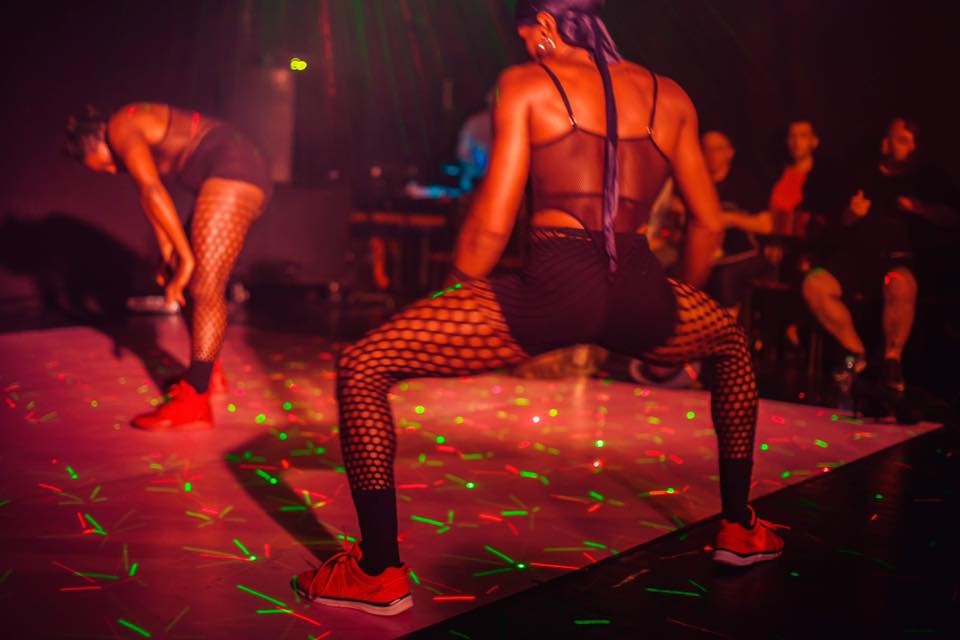
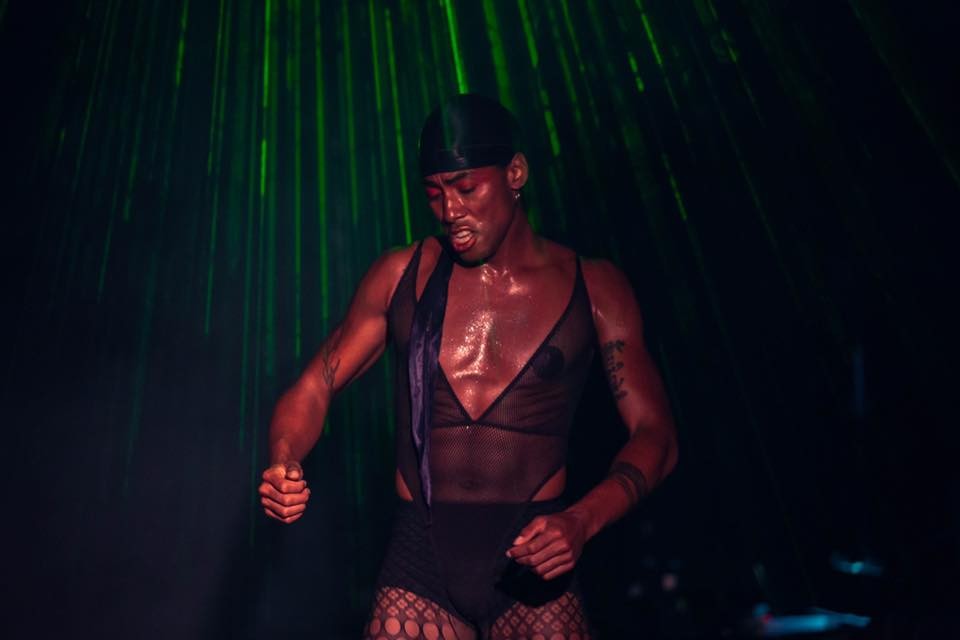


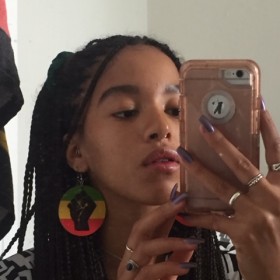
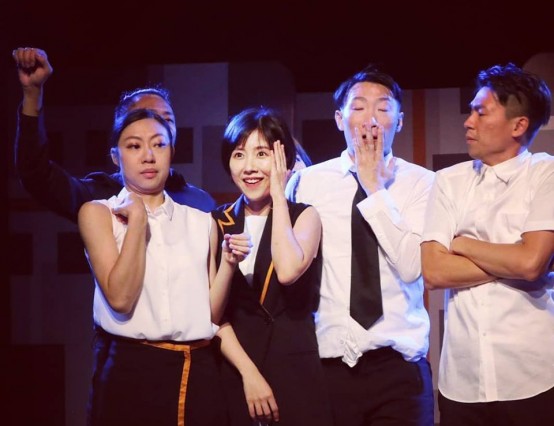
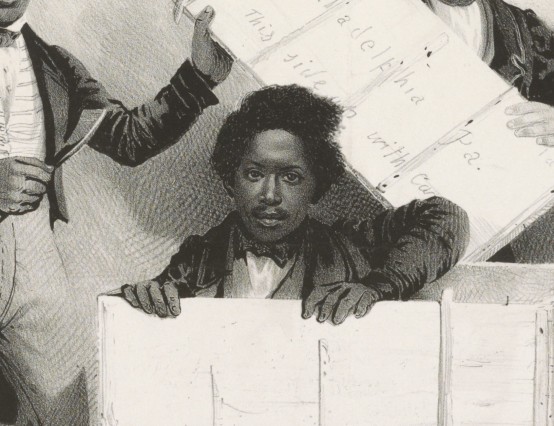
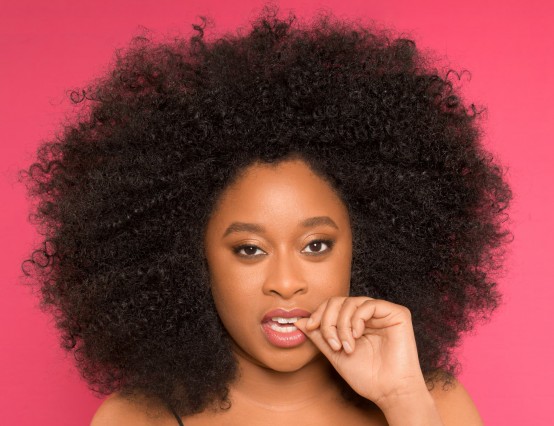
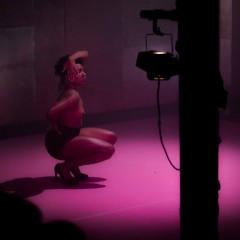

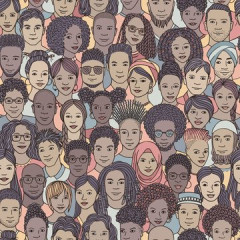
0 Comments